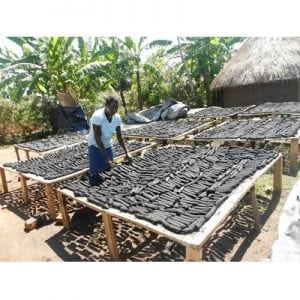
Agriculture
November 22, 2024
AEST Agricultural Waste Charcoal Briquettes
Read SolutionImplemented by
Appropriate Energy Saving Technologies Limited (AEST)
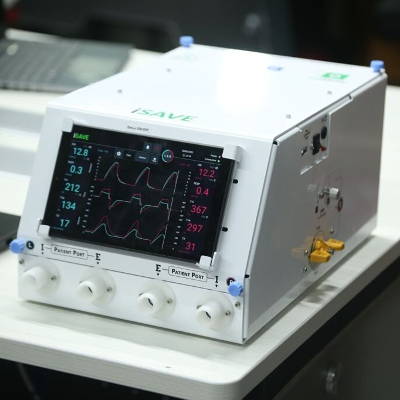
Updated on March 6, 2024
·Created on November 8, 2022
A low-cost respiratory care expansion device that can double the capacity of ventilators, CPAP machines, and high-flow oxygen concentrators.
The Individualized System for Augmenting Ventilator Efficacy (iSAVE) is a low-cost respiratory care expansion able to double the capacity of ventilators, CPAP machines, and high-flow oxygen concentrators and in turn double the number of patients you can serve at a tenth of the cost. The iSAVE can safely adapt an existing ventilator into two circuits to serve two patients while providing individualized control over peak respiratory pressure, PEEP, and tidal volumes, making multiplexing a safer option.
Target SDGs
SDG 3: Good Health and Well-Being
Market Suggested Retail Price
$820.00
Target Users (Target Impact Group)
Distributors / Implementing Organizations
Indventr (simelabs, ionic3DP, aruvii), Welfare services Ernakulam "Sahrudaya", Aimed Solutions
Countries
India
Manufacturing/Building Method
The product is mass produced and manufactured by AIMED Solutions, located in Netherlands, and in Chennai (India)
Intellectural Property Type
Select Type
User Provision Model
Direct purchase to the manufacturer, AIMED Solutions.
Distributions to Date Status
Unknown.
Use case (category and target population)
ARDS (Acute Respiratory Distress Syndrome) patients
Ventilation modes
CVM Mode and CPAP Mode
Internal PEEP capability and range
5-18 cmH20
Range pressure setting
5-15 cmH20
Peak pressure limitation
Unknown
FiO2 settings
Patients requiring FiO2 > 60% should be grouped separately from patients requiring FiO2 < 60% given common FiO2 settings and a desired threshold to lower FiO2 < 60% to avoid potential O2 toxicity.
Inspiratory/expiratory pause maneuver
Unknown
Primary display modes
Unknown
Spirometry available
N/A
Capnography available
N/A
Main alarms available
iSAVE enables alarms in response to acute changes for patient safety. The ventilator alarm was set to detect changes in the overall expiratory volume.
Air source, O2 low pressure capability
Unknown
Internal or external battery (operating time, recharging time)
Unknown
Power requirements (W)
Unknown
Design Specifications
The iSAVE uses a series of valves and flow regulators in parallel limbs to effectively maintain the desired tidal volume and positive end-expiratory pressure for each patient, customizing therapy for each patient. This device aims to provide a personalized respiratory care, since it multiplexes a ventilator to two patients and customize treatment to each patient’s respiratory needs. The iSAVE enables patient-specific volume and pressure control, have valves to mitigate cross-contamination between patients and accommodates changing patient mechanics.
Additionally, it offer increased safety and reduced oversight burden by having a portable monitor, enabling monitoring outside of patient rooms in a centralized ICU space, reducing exposure risk to physicians and nurses, centralizing workflow and decreasing nursing burden.
iSAVE show ease of use and assembly, since its features, alarms and management is similar to the existing respiratory monitors, making it familiar to users. It can be assembled in less than 10 minutes, even by a non-medical technician.
Technical Support
Provided by the manufacturer (AIMED Solutions)
Replacement Components
Consumables utilized with this device would be the standard filters and tubing required for ventilation of patients supplied by the hospital itself.
Lifecycle
Unknown
Manufacturer Specified Performance Parameters
The iSAVE can handle differences in patient ventilatory needs, however, some ventilator parameters (RR, FiO2, I:E, PEEP) will remain shared amongst patients. Thus, patients should be matched as closely as possible in terms of degree of illness and ventilatory needs to optimize functioning as per the following criteria, where possible:
Vetted Performance Status
iSAVE has been validated using benchtop models as well as in vivo studies on large mammals, demonstrating its potential to deliver multiplexed and personalized ventilation through a system of valves and sensors, with embedded safety measures. The results show that the system enables patient-specific titration of VT, inspiratory pressure, and PEEP, significantly amplifying the capacity of a single ventilator. In a set of scenarios mimicking the clinical evolution of patients with acute respiratory distress syndrome (ARDS) and sudden events that could jeopardize the ventilation of other patients, the system is able to handle circuit dependencies and deliver the desired therapeutic parameters to each channel. These results indicate the potential for rapid translation into clinical use to address the current ventilator shortage as a result of the COVID-19 pandemic.
Safety
Unknown
Complementary Technical Systems
None
Academic Research and References
Srinvasan, S., 2020, A rapidly deployable individualized system for augmenting ventilator capacity, Science Translational Medicine, 12, pp. 549.
Massachusetts Institute of Technology, “Individualized System for Augmenting Ventilation Efficacy (iSAVE)“
Compliance with regulations
Unknown
Evaluation methods
The iSAVE has been validated using benchtop models as well as in vivo studies on large mammals.
Other Information
None

Agriculture
November 22, 2024
Implemented by
Appropriate Energy Saving Technologies Limited (AEST)
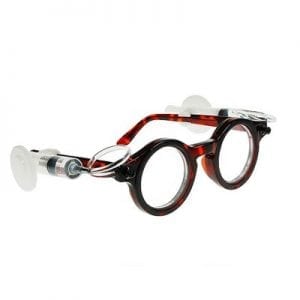
Agriculture
February 5, 2024
Implemented by
Centre for Vision in the Developing World
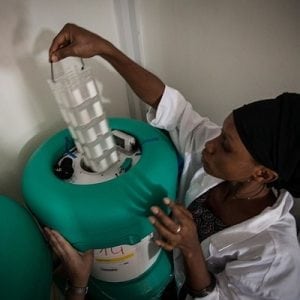
Agriculture
February 20, 2024
Implemented by
Intellectual Ventures Lab
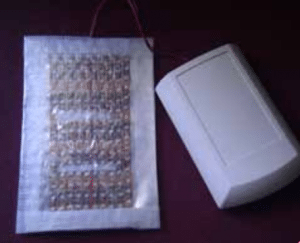
Agriculture
March 1, 2024
Implemented by
Infantrust Parenting Solutions
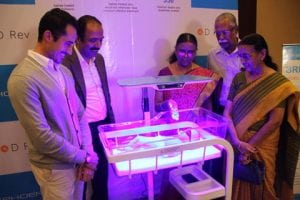
Agriculture
February 16, 2024
Implemented by
Equalize Health
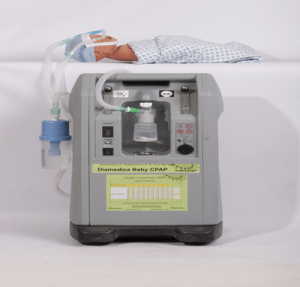
Agriculture
September 27, 2024
Implemented by
Diamedica
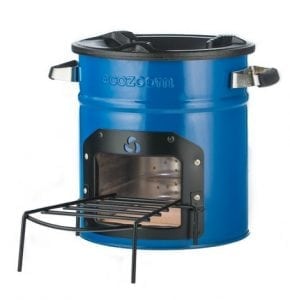
Agriculture
December 2, 2024
Implemented by
BioLite
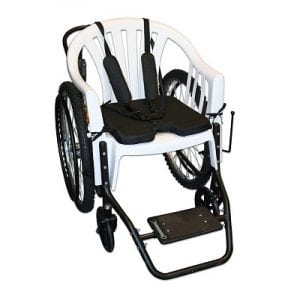
Agriculture
February 29, 2024
Implemented by
Free Wheelchair Mission
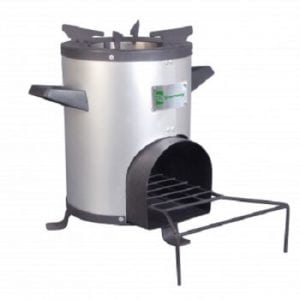
Agriculture
December 3, 2024
Implemented by
Greenway
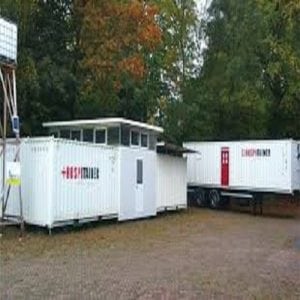
Agriculture
June 22, 2024
Implemented by
Hospitainer
Have thoughts on how we can improve?
Give Us Feedback